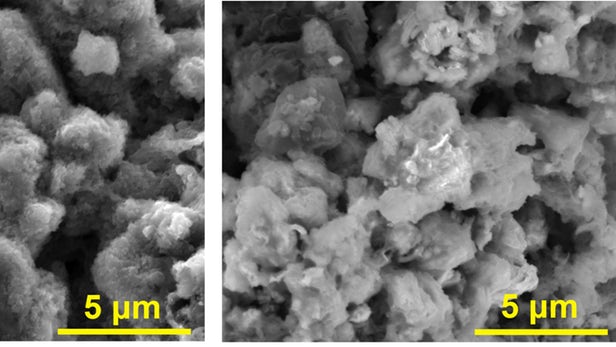
Breaking News
The Criminality Buried In The Epstein Files Is Worse Than Anyone Thought,...
 A Critical Review of Impacts of Greenhouse Gas Emissions on the U.S. Climate
A Critical Review of Impacts of Greenhouse Gas Emissions on the U.S. Climate
 The Great Reject is Upon Us! - #SolutionsWatch
The Great Reject is Upon Us! - #SolutionsWatch
 Google is issuing a call to action:
Google is issuing a call to action:
Top Tech News
 Drone-launching underwater drone hitches a ride on ship and sub hulls
Drone-launching underwater drone hitches a ride on ship and sub hulls
 Humanoid Robots Get "Brains" As Dual-Use Fears Mount
Humanoid Robots Get "Brains" As Dual-Use Fears Mount
 SpaceX Authorized to Increase High Speed Internet Download Speeds 5X Through 2026
SpaceX Authorized to Increase High Speed Internet Download Speeds 5X Through 2026
 Space AI is the Key to the Technological Singularity
Space AI is the Key to the Technological Singularity
 Velocitor X-1 eVTOL could be beating the traffic in just a year
Velocitor X-1 eVTOL could be beating the traffic in just a year
 Starlink smasher? China claims world's best high-powered microwave weapon
Starlink smasher? China claims world's best high-powered microwave weapon
 Wood scraps turn 'useless' desert sand into concrete
Wood scraps turn 'useless' desert sand into concrete
 Let's Do a Detailed Review of Zorin -- Is This Good for Ex-Windows Users?
Let's Do a Detailed Review of Zorin -- Is This Good for Ex-Windows Users?
 The World's First Sodium-Ion Battery EV Is A Winter Range Monster
The World's First Sodium-Ion Battery EV Is A Winter Range Monster
 China's CATL 5C Battery Breakthrough will Make Most Combustion Engine Vehicles OBSOLETE
China's CATL 5C Battery Breakthrough will Make Most Combustion Engine Vehicles OBSOLETE
Asphalt-lithium metal batteries fully charge in five minutes

Variations like lithium-air and lithium metal batteries are in the works to possibly replace them, and now researchers at Rice University have improved the latter with the help of an unlikely ingredient. The team found that adding asphalt to the anode made for lithium metal batteries that charge faster and are less likely to short circuit and fail.
To make their new battery, the Rice researchers used untreated gilsonite, a derivative of asphalt, and mixed it with conductive graphene nanoribbons. Then, that composite was coated in lithium metal through the process of electrochemical deposition, to create an anode. The final battery is made by combining this anode with a cathode of sulfurized carbon.
The team tested these new asphalt-lithium metal batteries over more than 500 charge-discharge cycles, and found the porous carbon material from the asphalt made the battery more stable.



